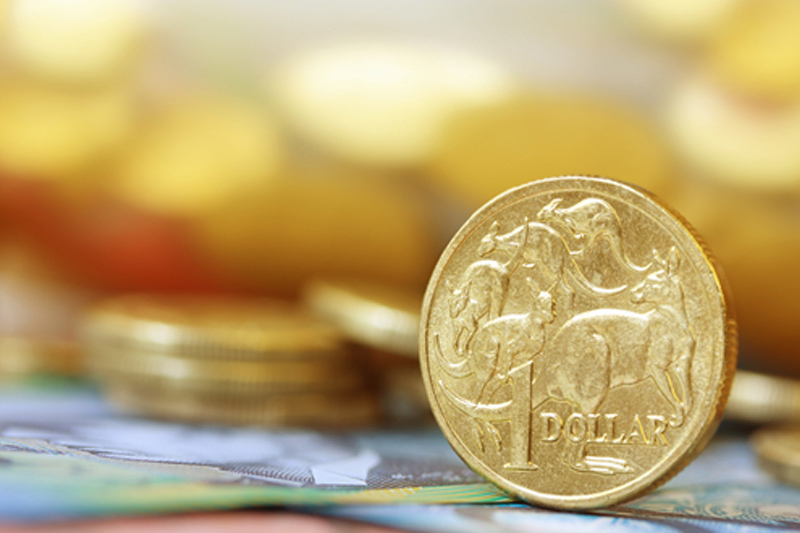S&P 500: CTA buying halts at 6,925; selling accelerates below 6,500, UBS says
Investing.com-- Most Asian currencies fell on Tuesday as Chinese service sector data pointed to more headwinds for the region’s largest economy, while the Australian dollar fell sharply after the Reserve Bank kept rates steady, as expected.
The U.S. dollar steadied near three-month highs before a slew of Federal Reserve speakers this week. While the greenback moved little in overnight trade on account of a U.S. market holiday, it has shown surprising resilience despite recent signs of cooling economic activity.
The dollar index and dollar index futures were steady in Asian trade on Tuesday. Both gauges were close to their highest levels since early-June.
Resilience in the dollar saw most Asian currencies retreat, while hotter-than-expected inflation readings from South Korea, Thailand and the Philippines also weighed on sentiment.
Several Fed officials are set to speak this week, offering more cues on monetary policy before a hotly-anticipated meeting later in September. While the bank is expected to keep interest rates steady, it is also expected to reiterate its plans to keep rates higher for longer.
Chinese service sector PMI hits 8-mth low, yuan sinks
The yuan fell 0.2% after a private survey showed that China’s service sector purchasing managers’ index (PMI) grew at its slowest pace in eight months. The reading showed that exporters in particular were facing fresh headwinds from slowing overseas demand.
Bigger losses in the yuan were somewhat eased by a stronger-than-expected daily midpoint fix by the People’s Bank, which has signaled increasing discomfort with weakness in the Chinese currency.
But sentiment towards the yuan has remained weak despite government intervention, given that Beijing has also remained largely conservative in rolling out fresh stimulus measures to support a slowing economic recovery.
Concerns over China dented most regional currencies. The Japanese yen fell 0.2%, while the South Korean won shed 0.5% after August inflation read higher than expected.
The Philippine peso was flat after a stronger-than-expected inflation reading, while the Thai baht fell 0.4% as data showed inflation grew slightly above expectations in August.
Markets fear that sticky inflation, amid rising oil prices and global supply chain disruptions, could further stymie regional economic growth.
Australian dollar sinks, RBA maintains course ahead of leadership change
The Australian dollar was the worst performer in Asia for the day, down 0.5% after the Reserve Bank of Australia (RBA) kept interest rates steady at 4.10%, as expected.
Governor Philip Lowe, whose term ends on September 18, said that the bank will still maintain a largely data-driven approach to future hikes, noting that while local inflation had cooled, it still remained well above the central bank's target range.
Deputy RBA Governor Michele Bullock is set to take the helm at the RBA later this month, and will also oversee sweeping changes to the bank's meeting schedules and rate-setting policies.
Concerns over China also dented the Australian dollar, given that China is Australia’s biggest trading partner.
